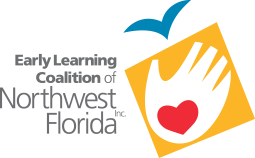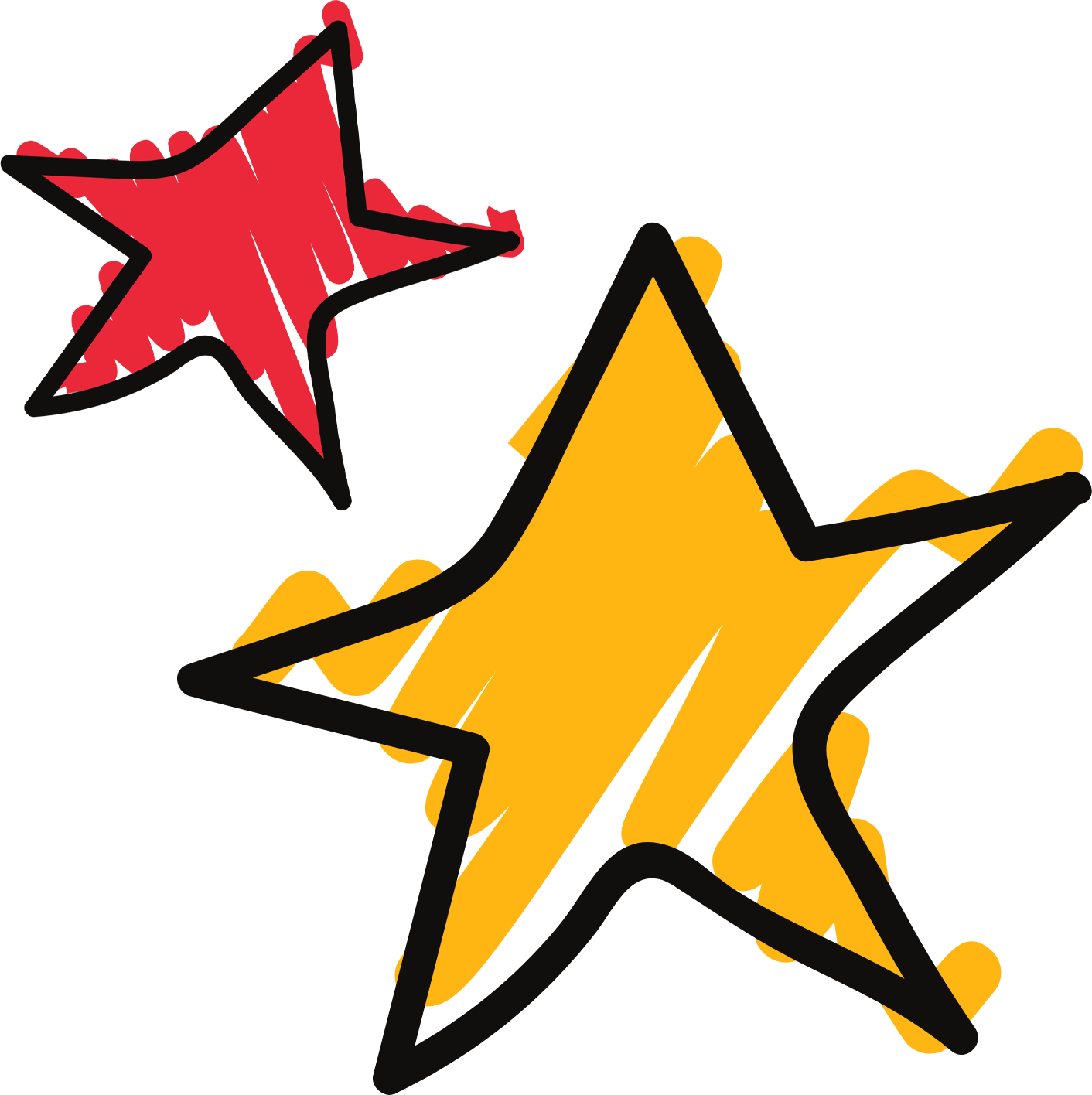February 17, 2026
ELCNWF offices are closed Wednesday, February 18, 2026. In case of an emergency, call Kim Corbin at 850-486-8199.
ELCNWF offices are closed Wednesday, February 18, 2026. In case of an emergency, call Kim Corbin at 850-486-8199.
November 24, 2025
Early Learning Coalition of Northwest Florida Partners with Save the Children to Provide Diapers and Wipes to Families in Need
Contact: Tami Valdez, Community Impact Director Early Learning Coalition of Northwest Florida (850) 747-5400 x134 [email protected] www.elcnwf.org Marianna, FL – November 24, 2025 – The Early Learning Coalition of Northwest Florida…
October 31, 2025
Celebrating Family Engagement Month with ELCNWF
November is Family Engagement Month, a time to celebrate the vital role families play in the growth and development of young children.…
October 30, 2025
Spooky Sensory Play & At-Home Halloween Fun!
Fall is in full swing, and Halloween is just around the corner! We’re celebrating with some spooky (but not too scary!) sensory…
October 15, 2025
A Heart for Helping: Angela Glass Reflects on Two Decades with the Early Learning Coalition of Northwest Florida
For more than twenty years, Angela Glass has been a familiar and friendly face at the Early Learning Coalition of Northwest Florida…
October 2, 2025
Don’t Turn Over Their Duck
How One Moment Shaped a Lifetime of Compassionate Teaching As a young military child attending school in the Philippines, Jeanne Hitchcock had…
September 19, 2025
Celebrating 20 Years with ELCNWF and 39 Years in Early Childhood Education: Donna’s Story
By Jessie Buchanan, Help Me Grow Specialist As the Early Learning Coalition of Northwest Florida (ELCNWF) celebrates our 20th anniversary, we want…
July 31, 2025
Back-to-School Fuel: Healthy Lunch Ideas
As students head back to school, one of the most important things parents can do is pack a lunch that fuels both…


